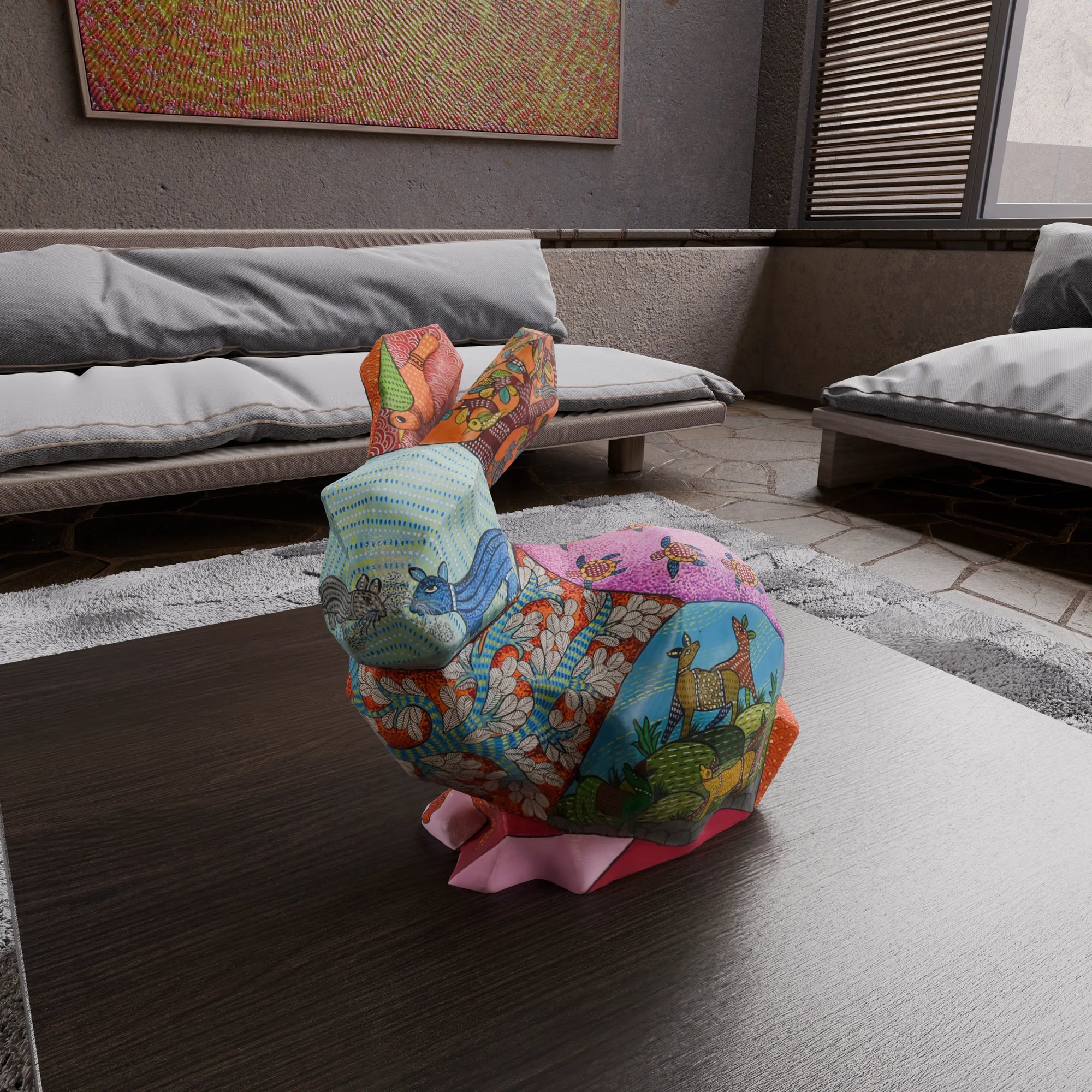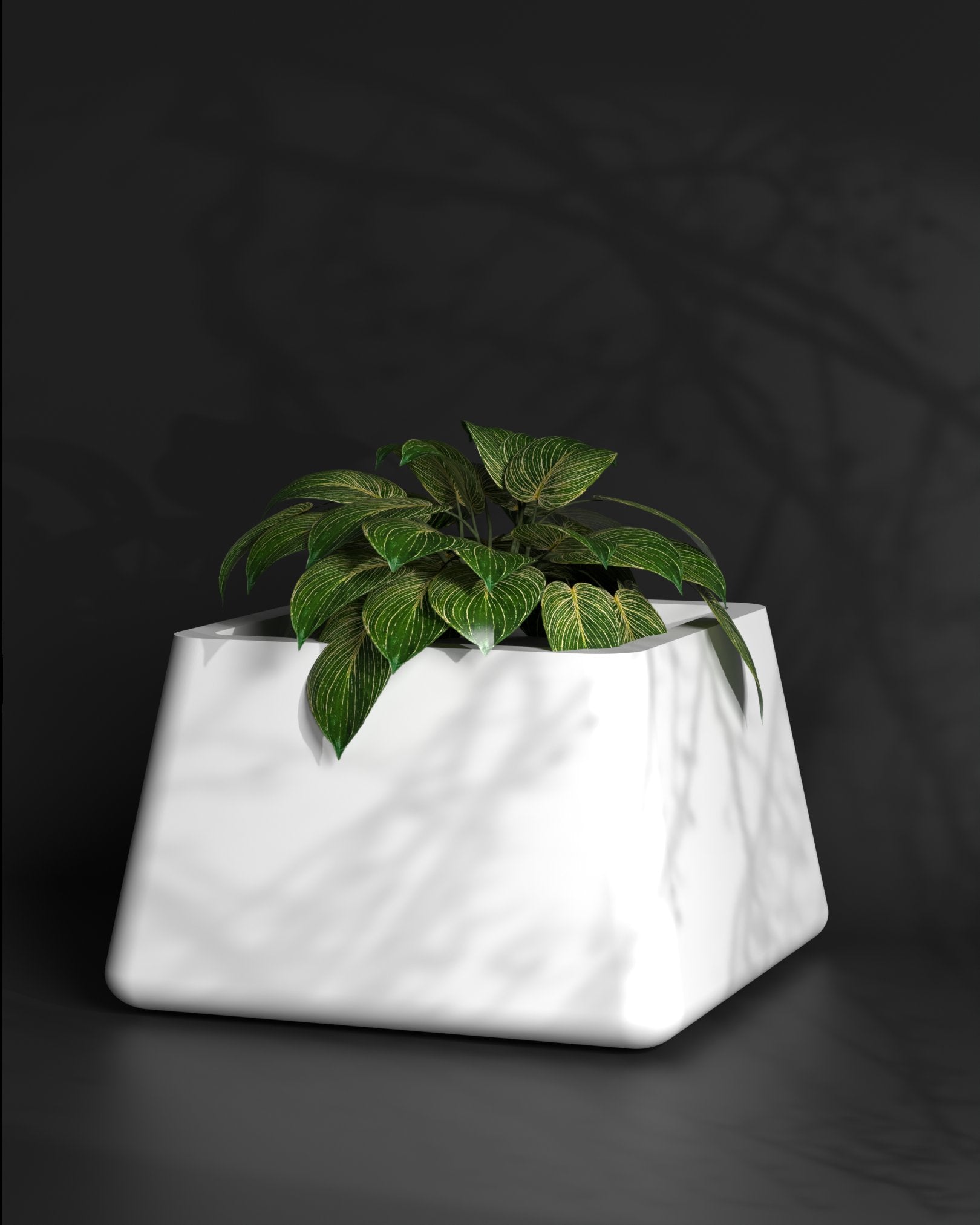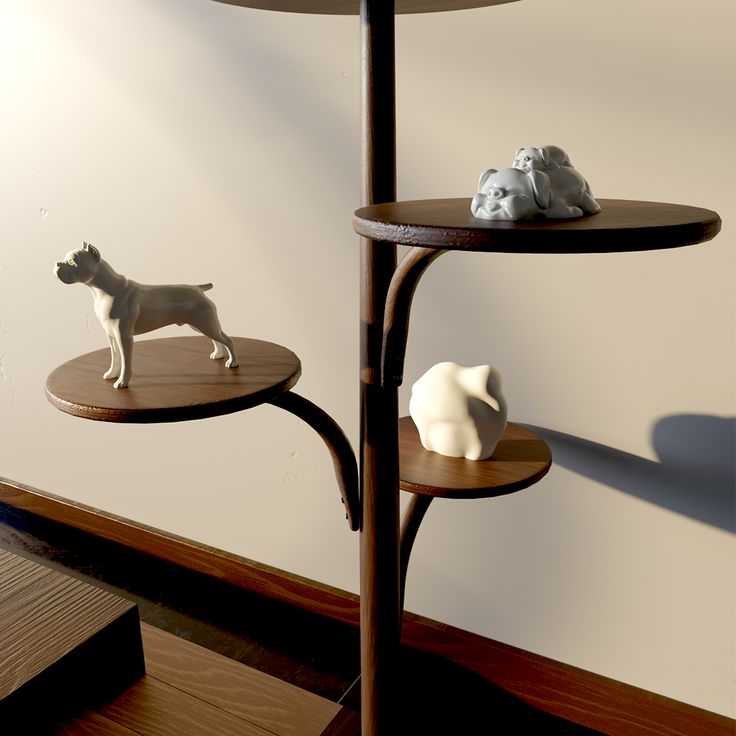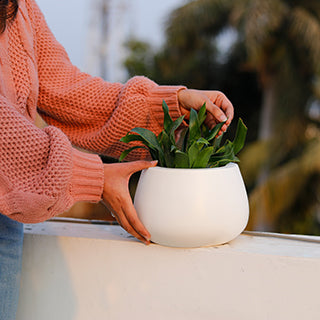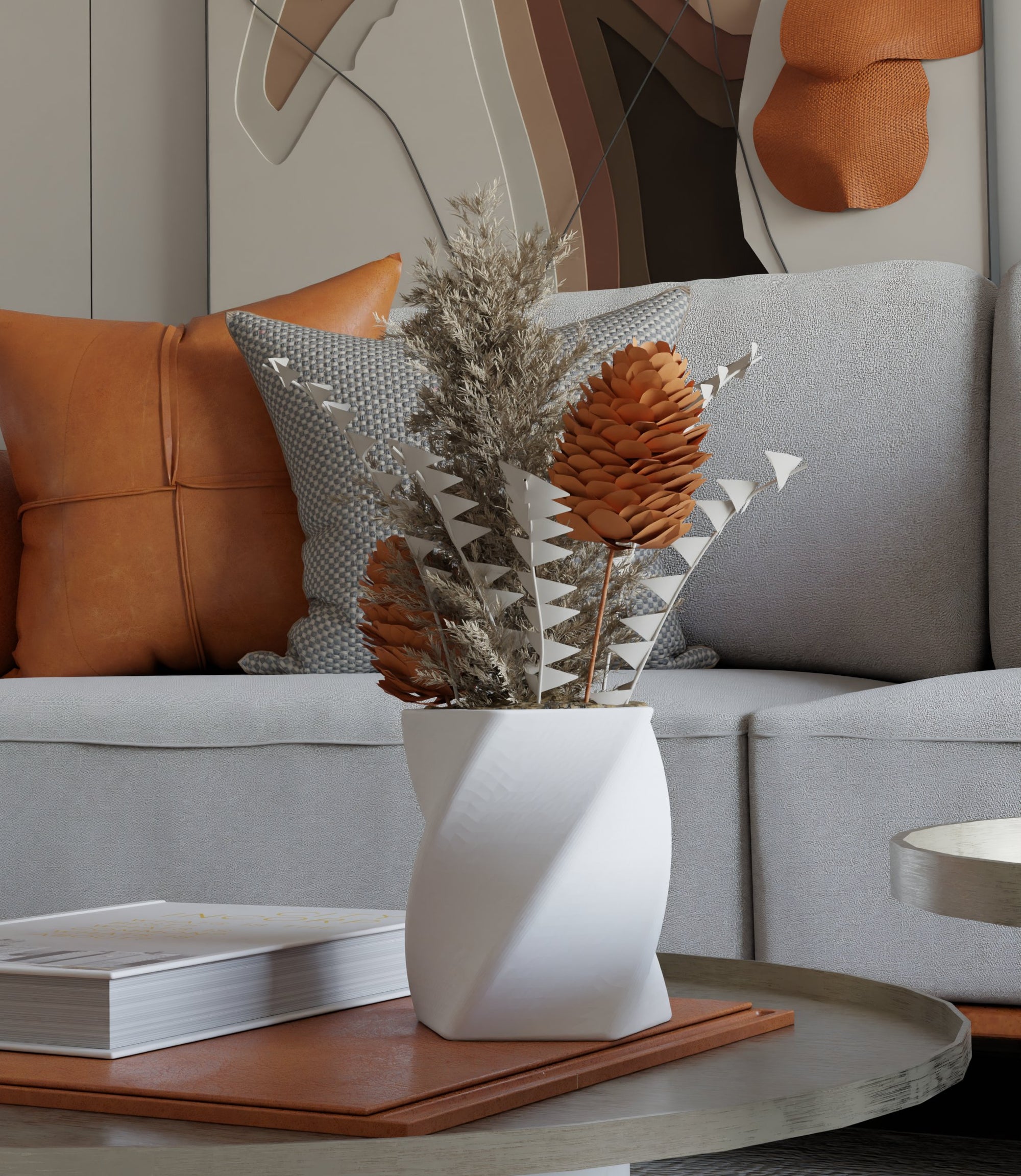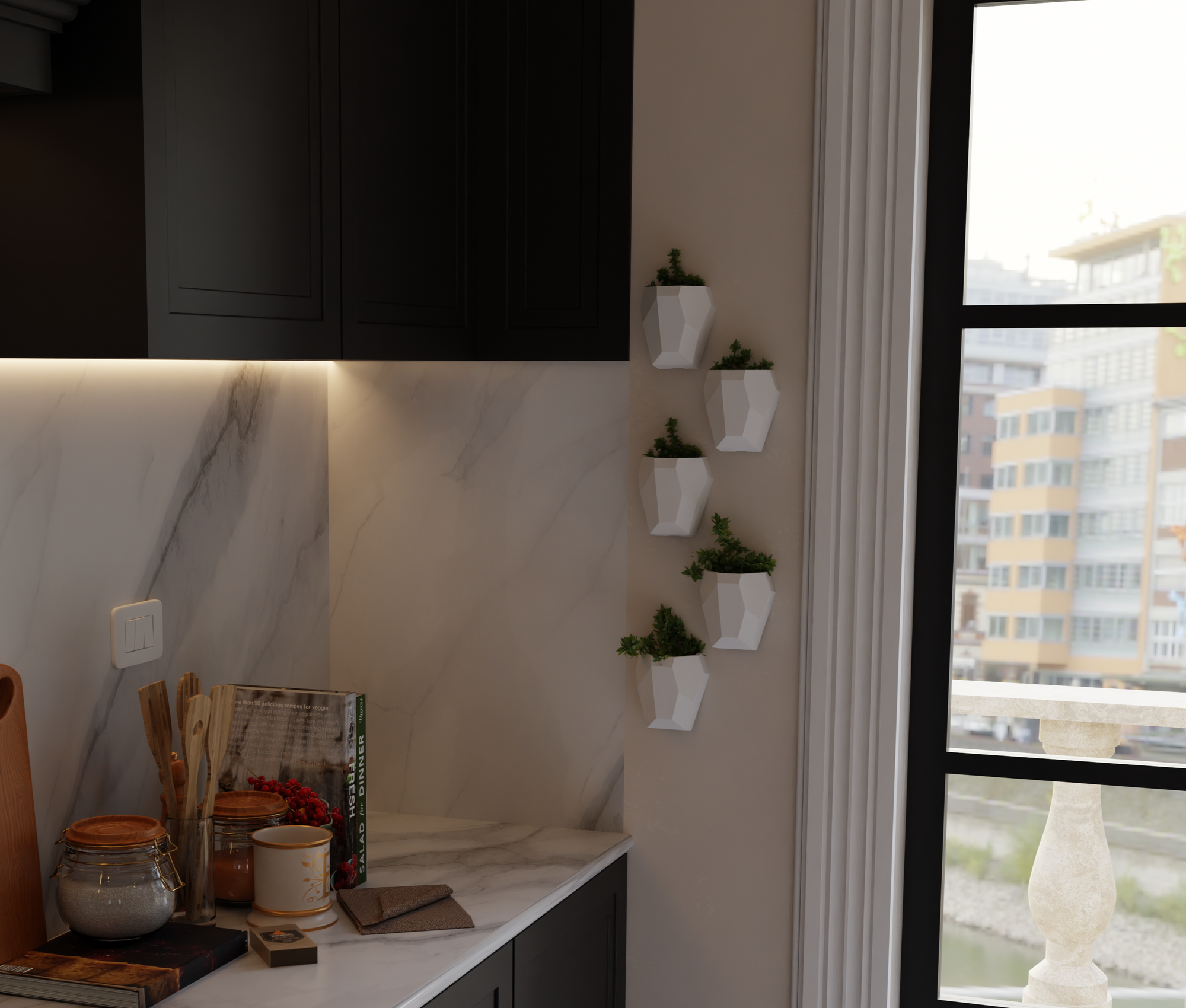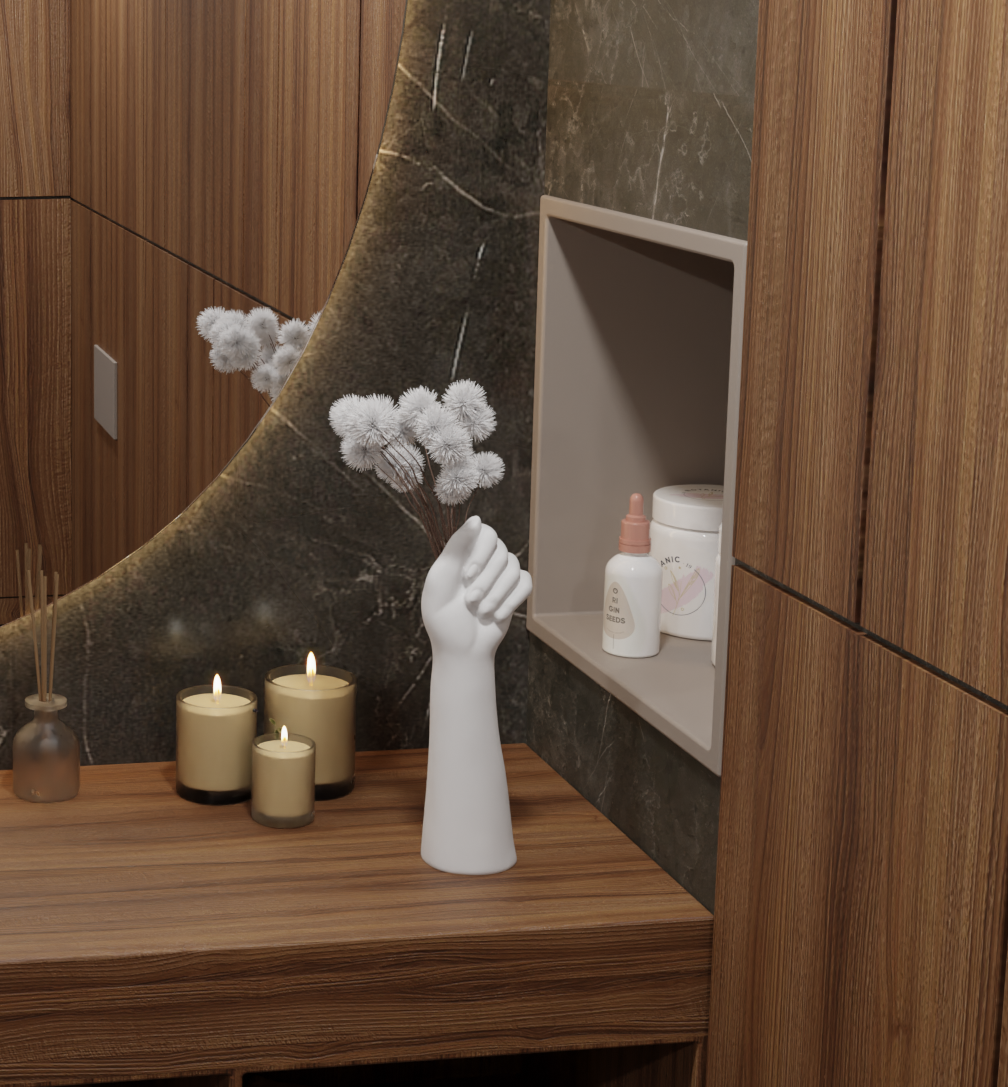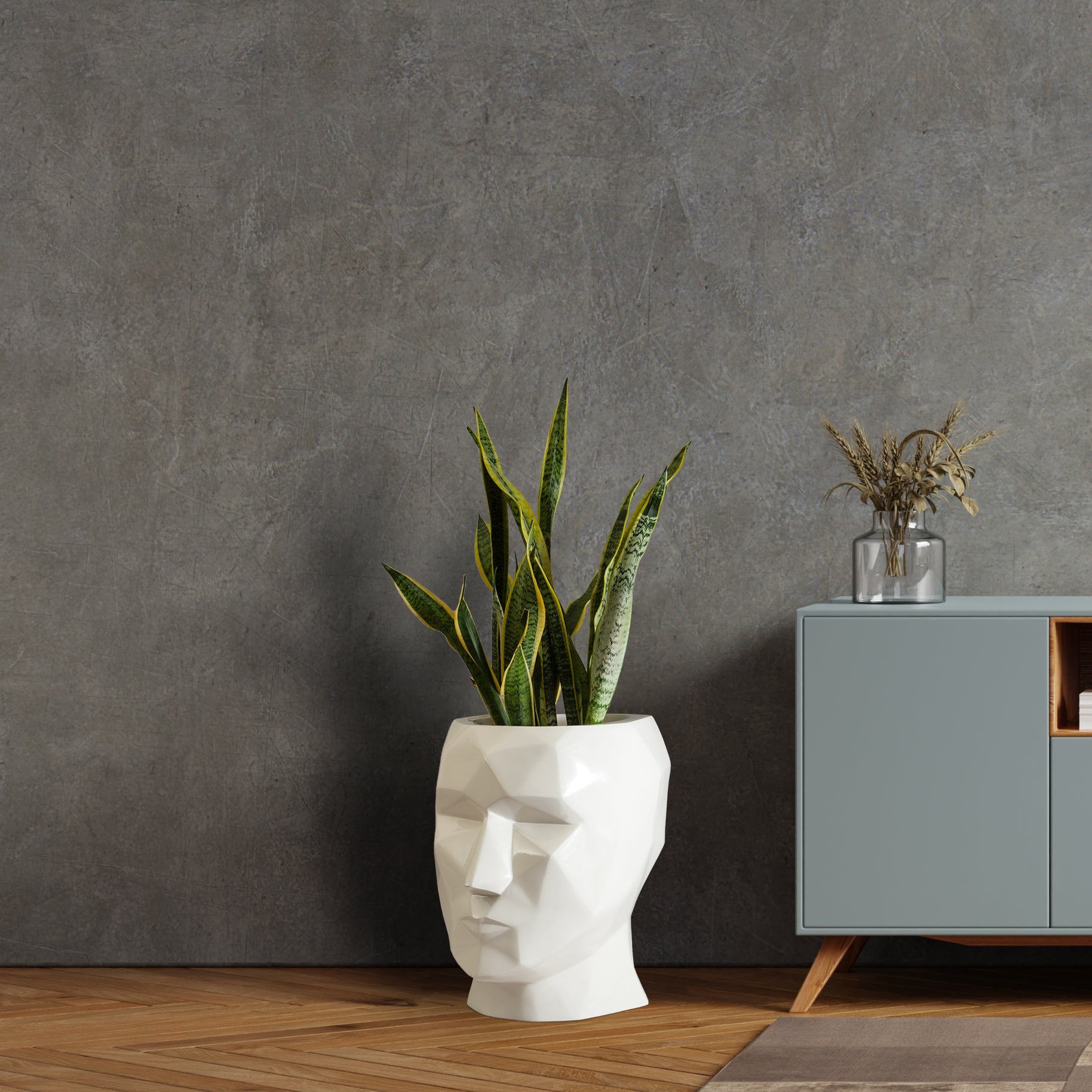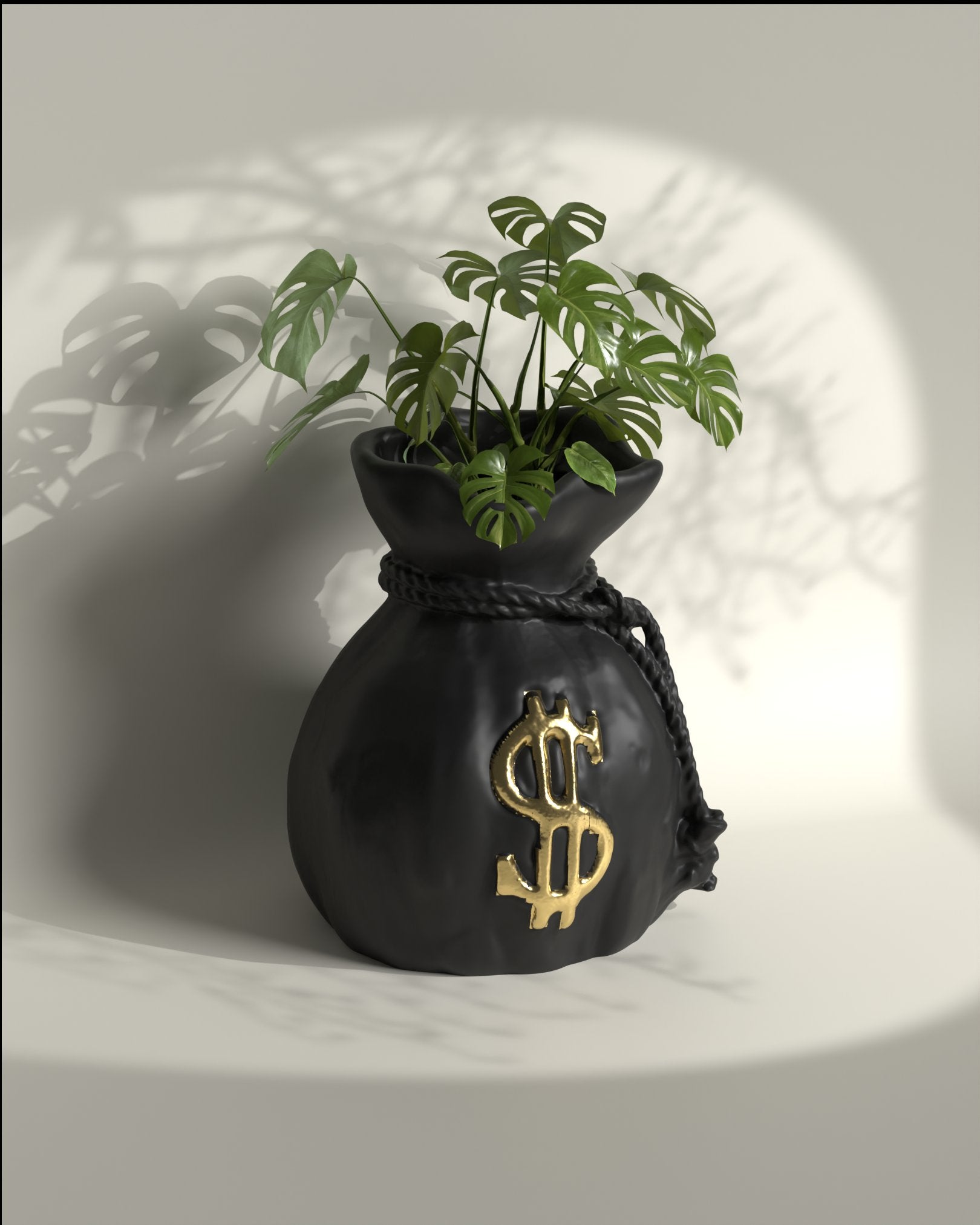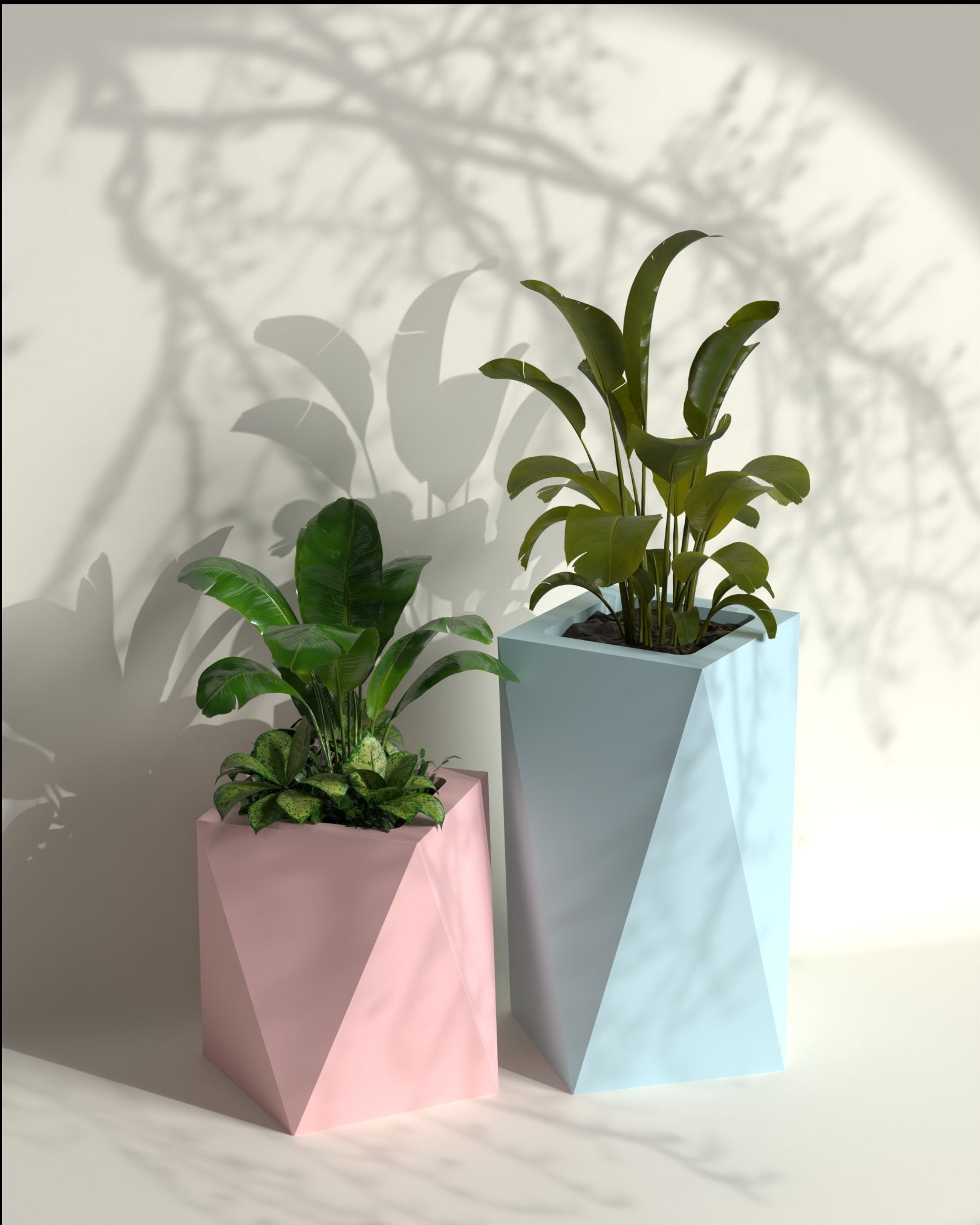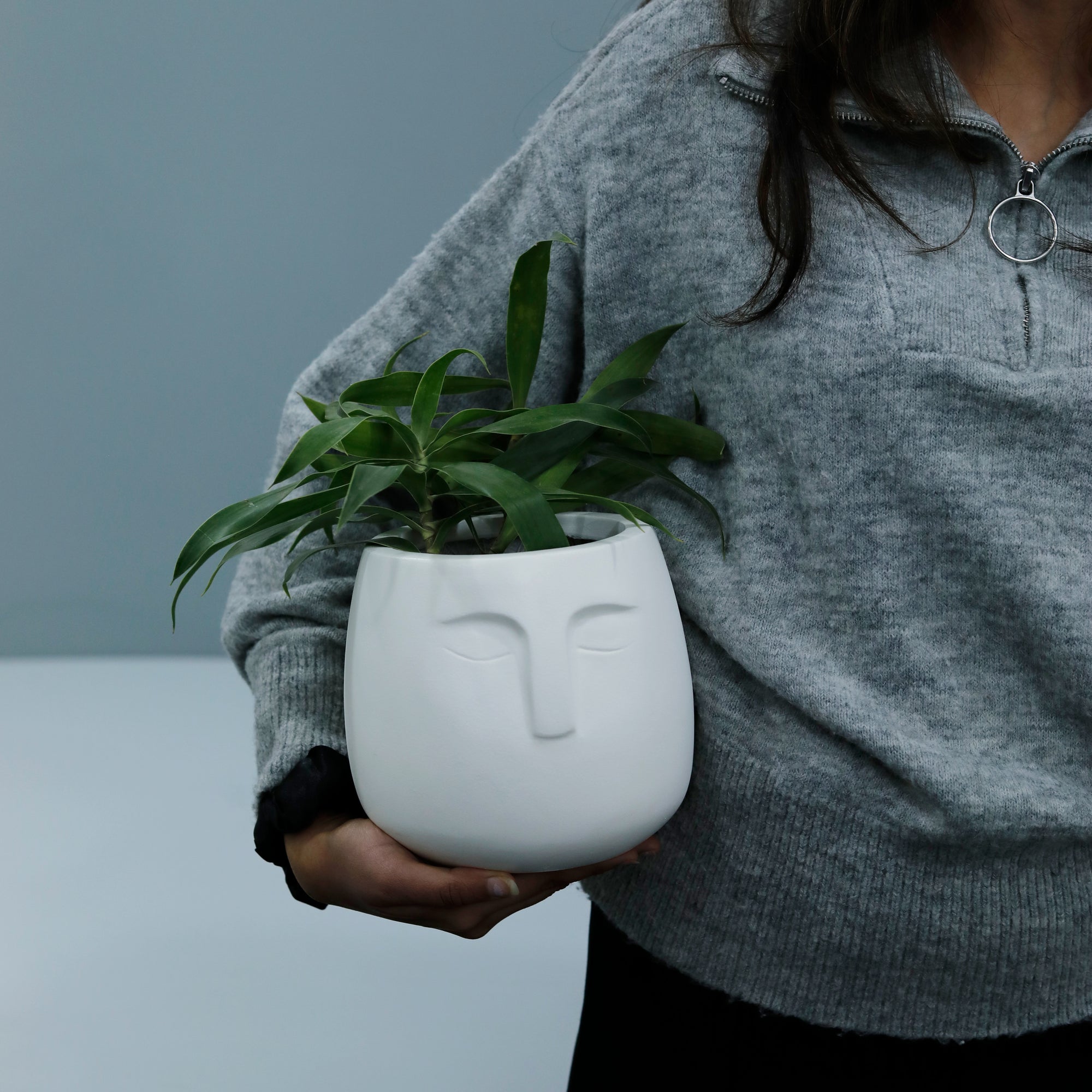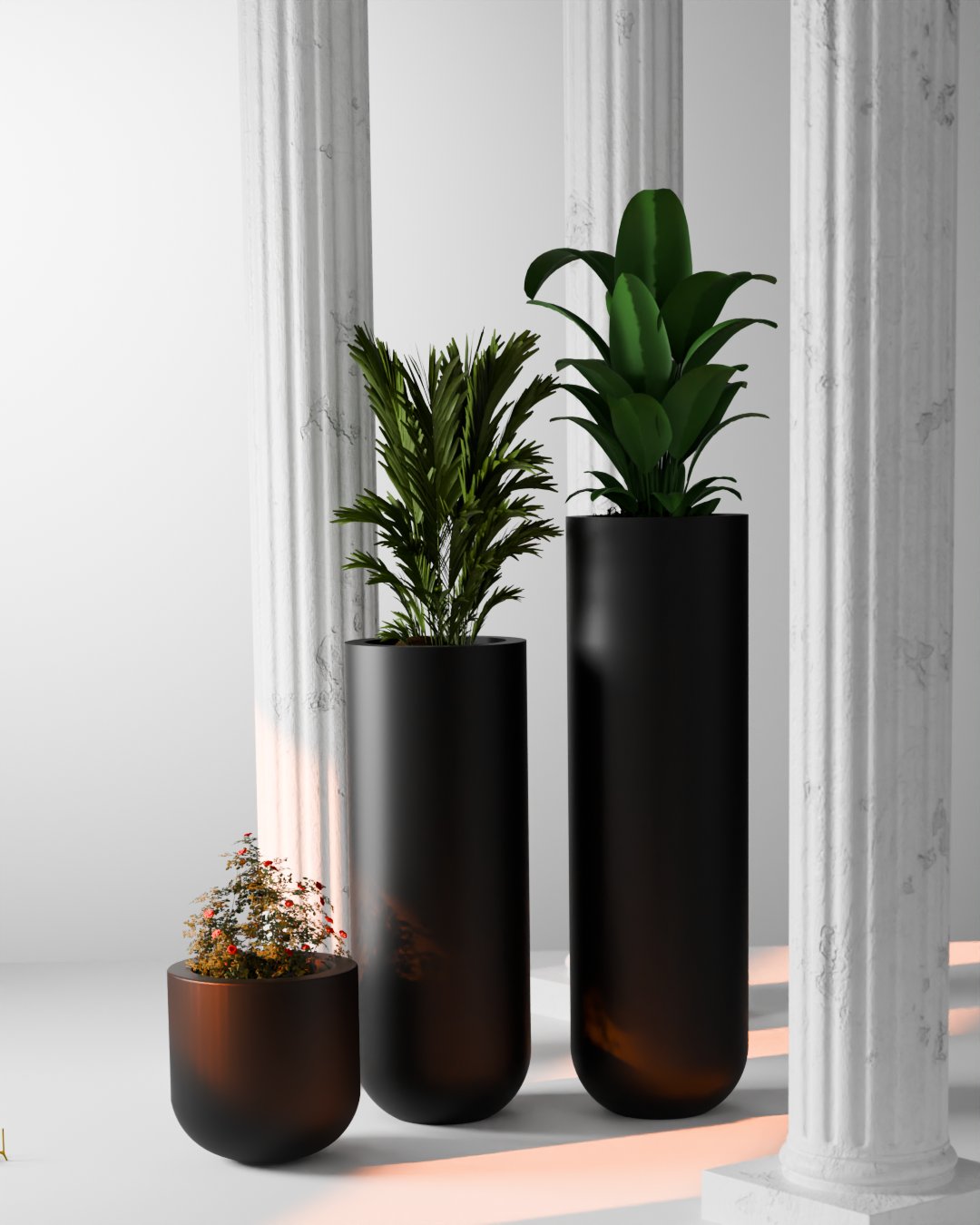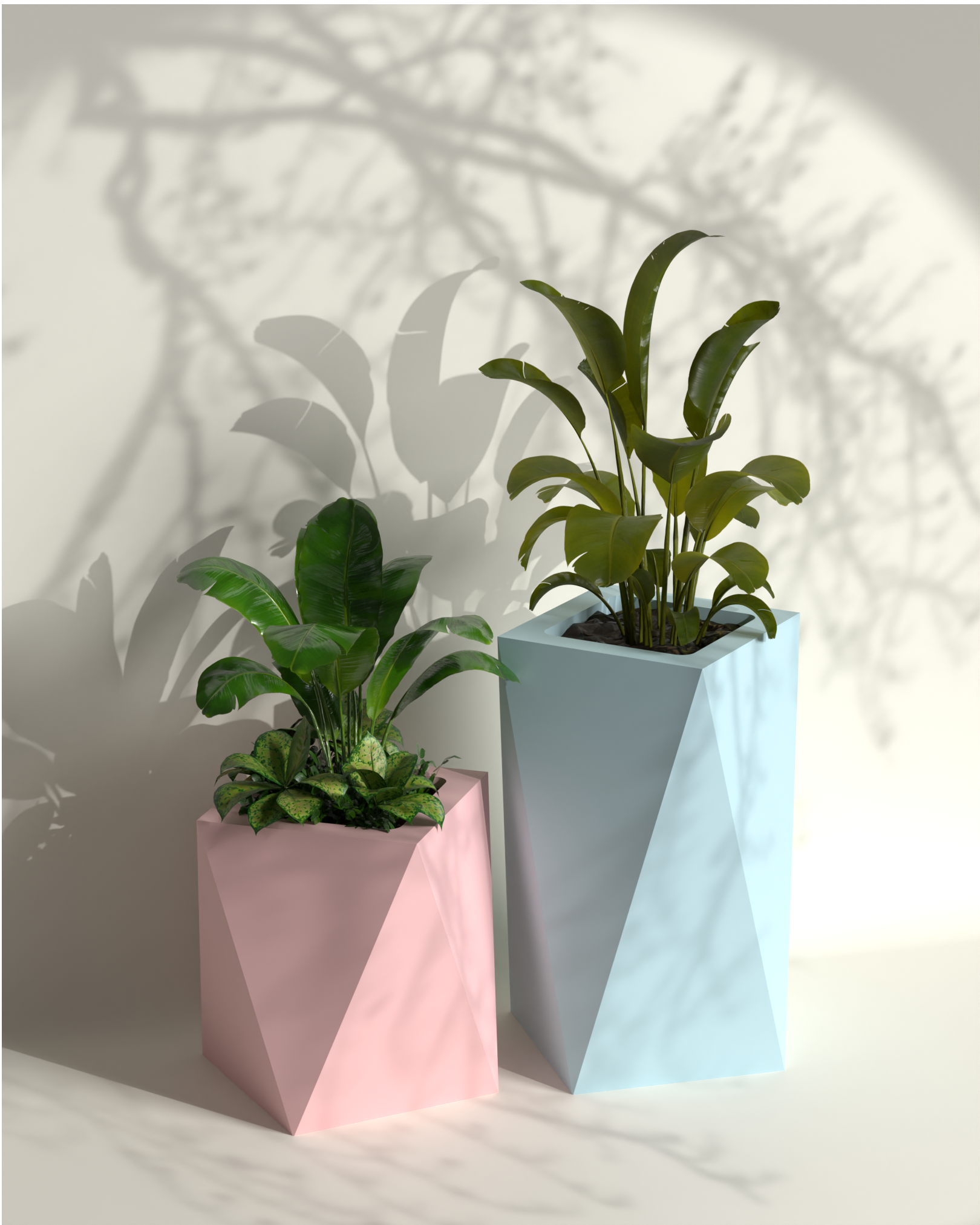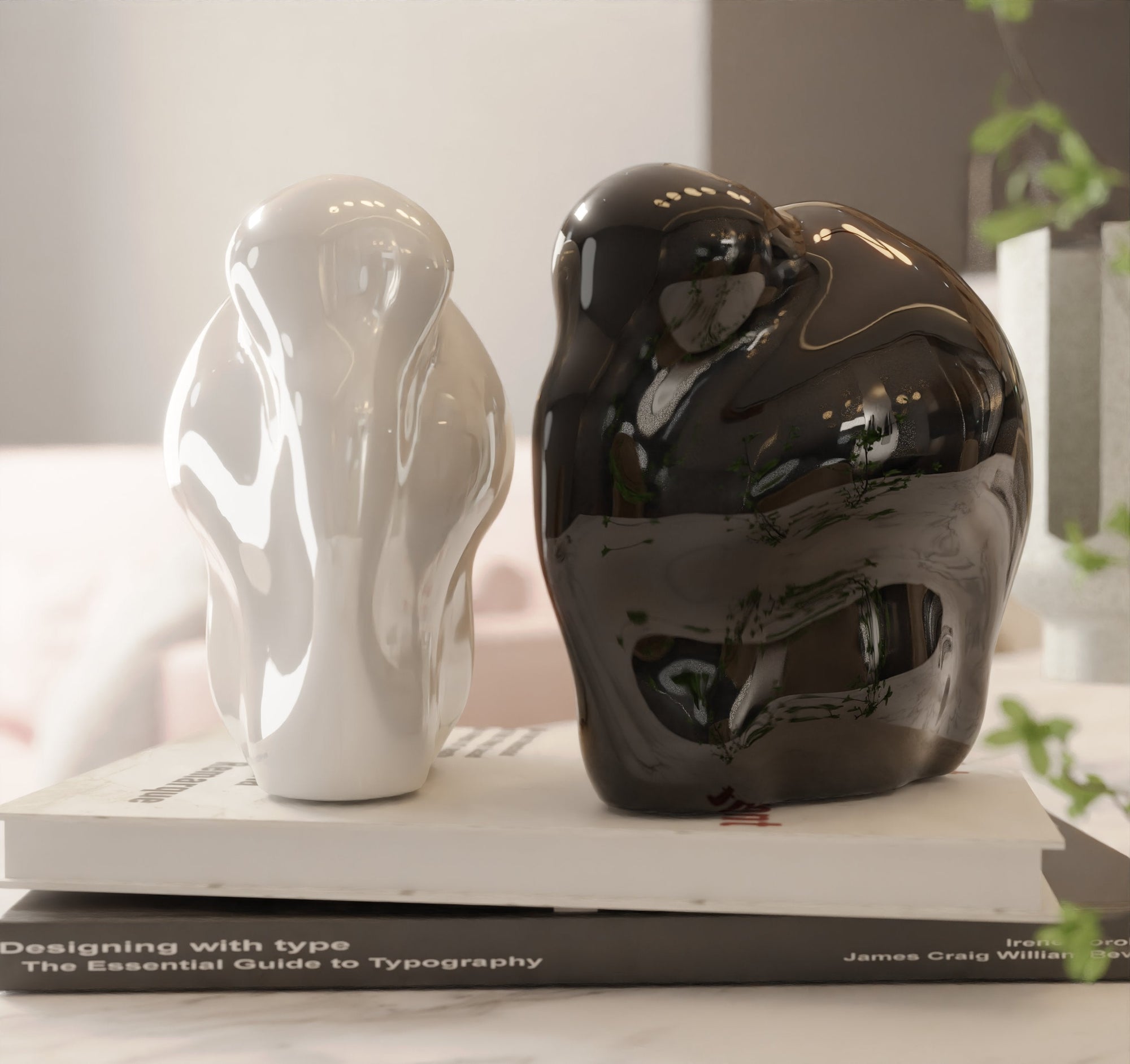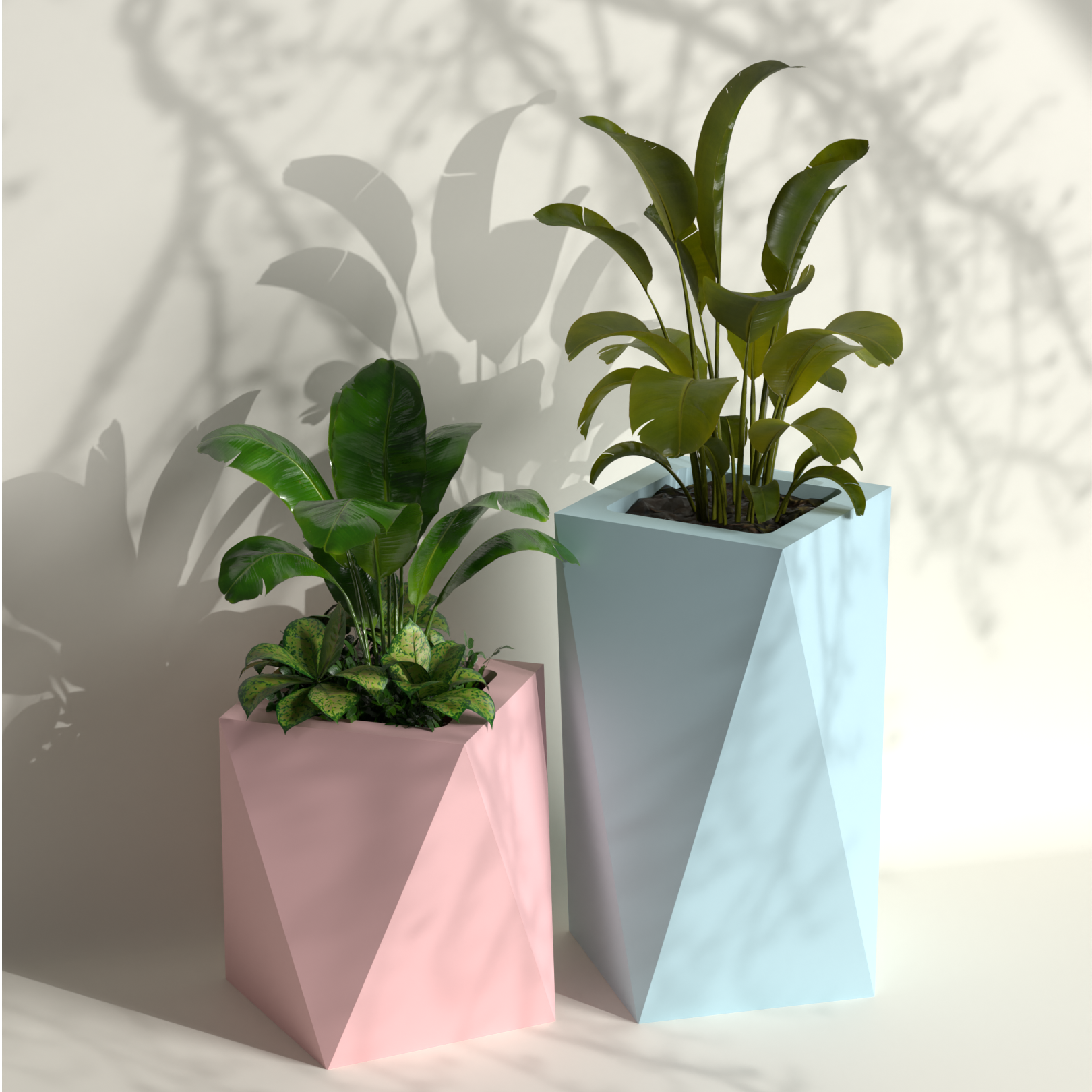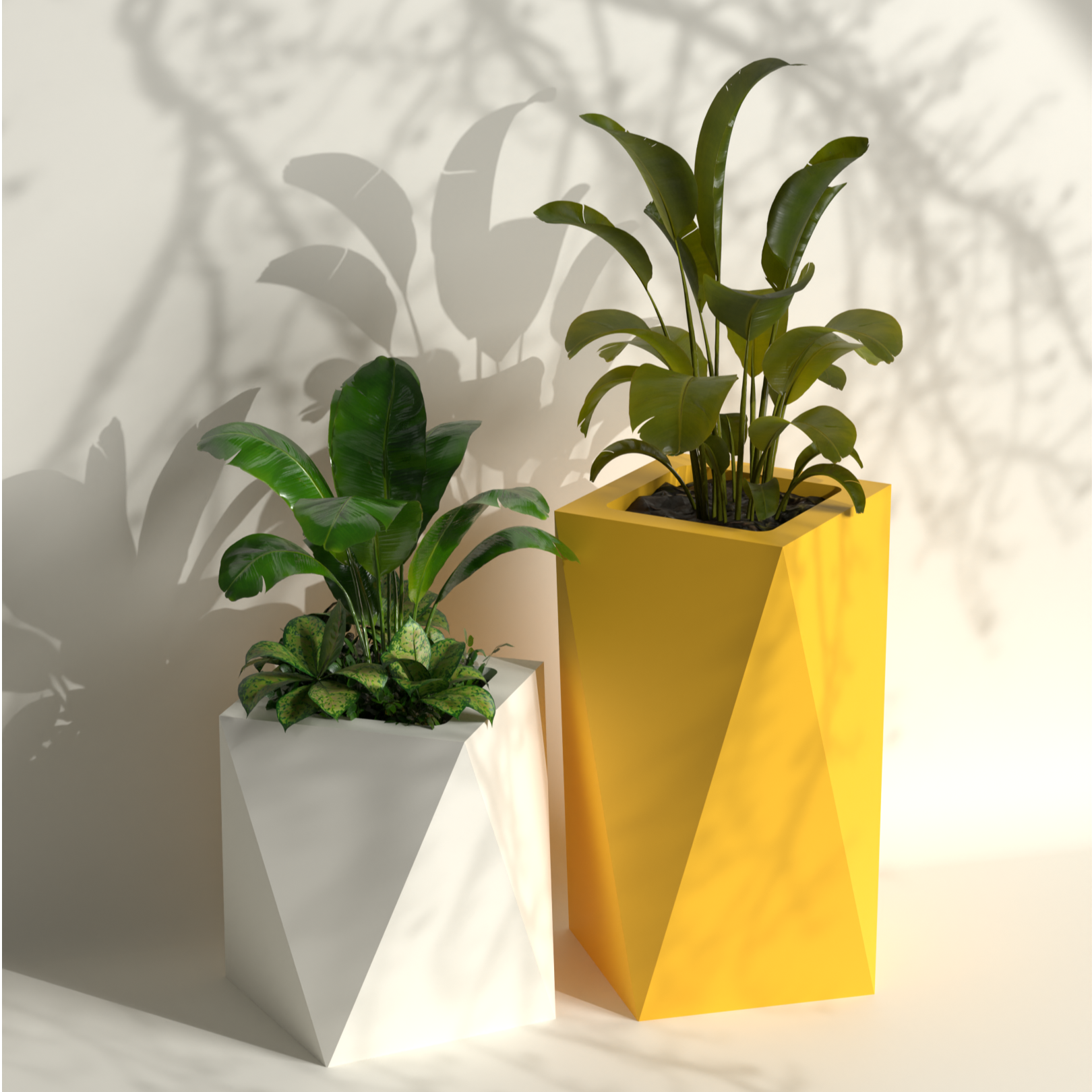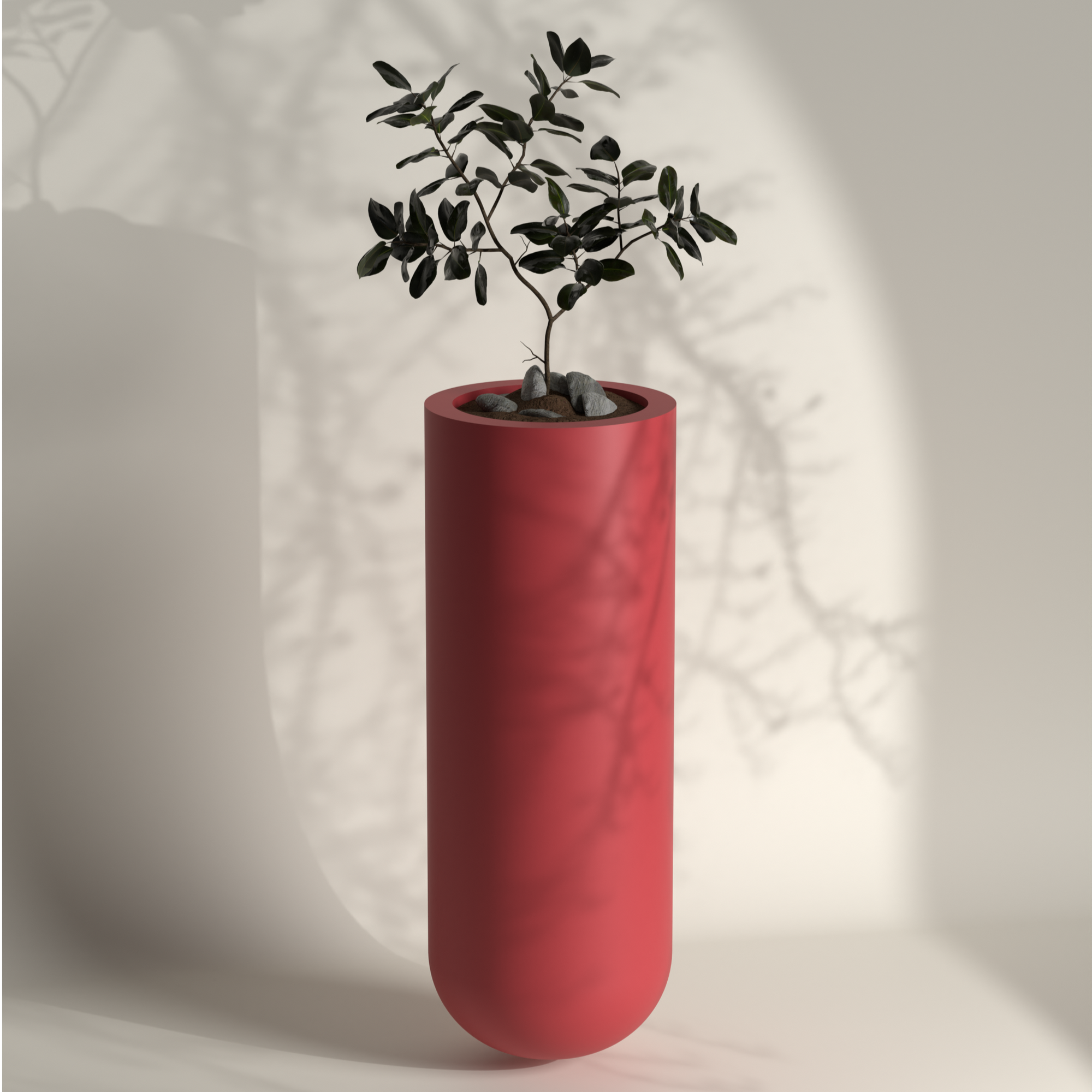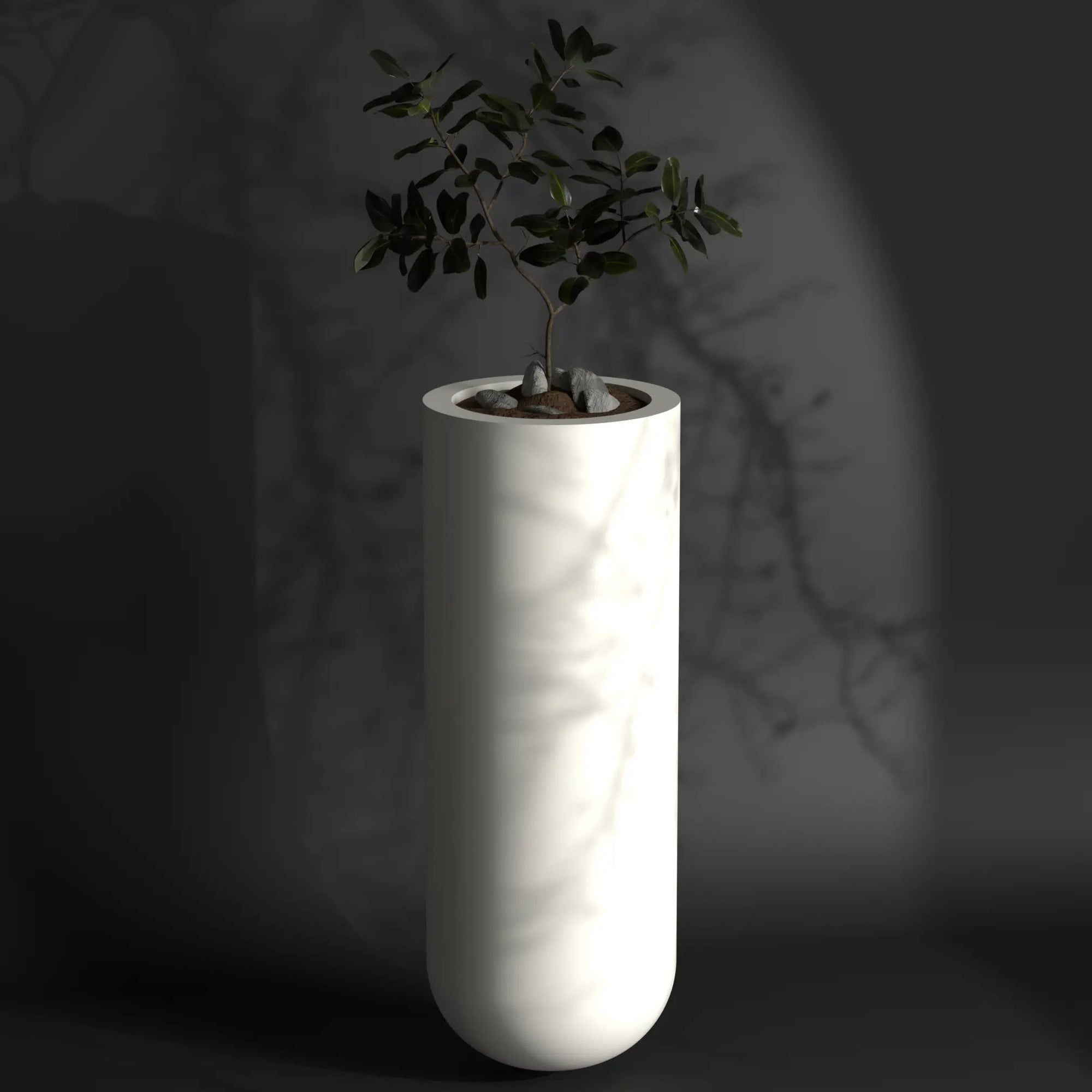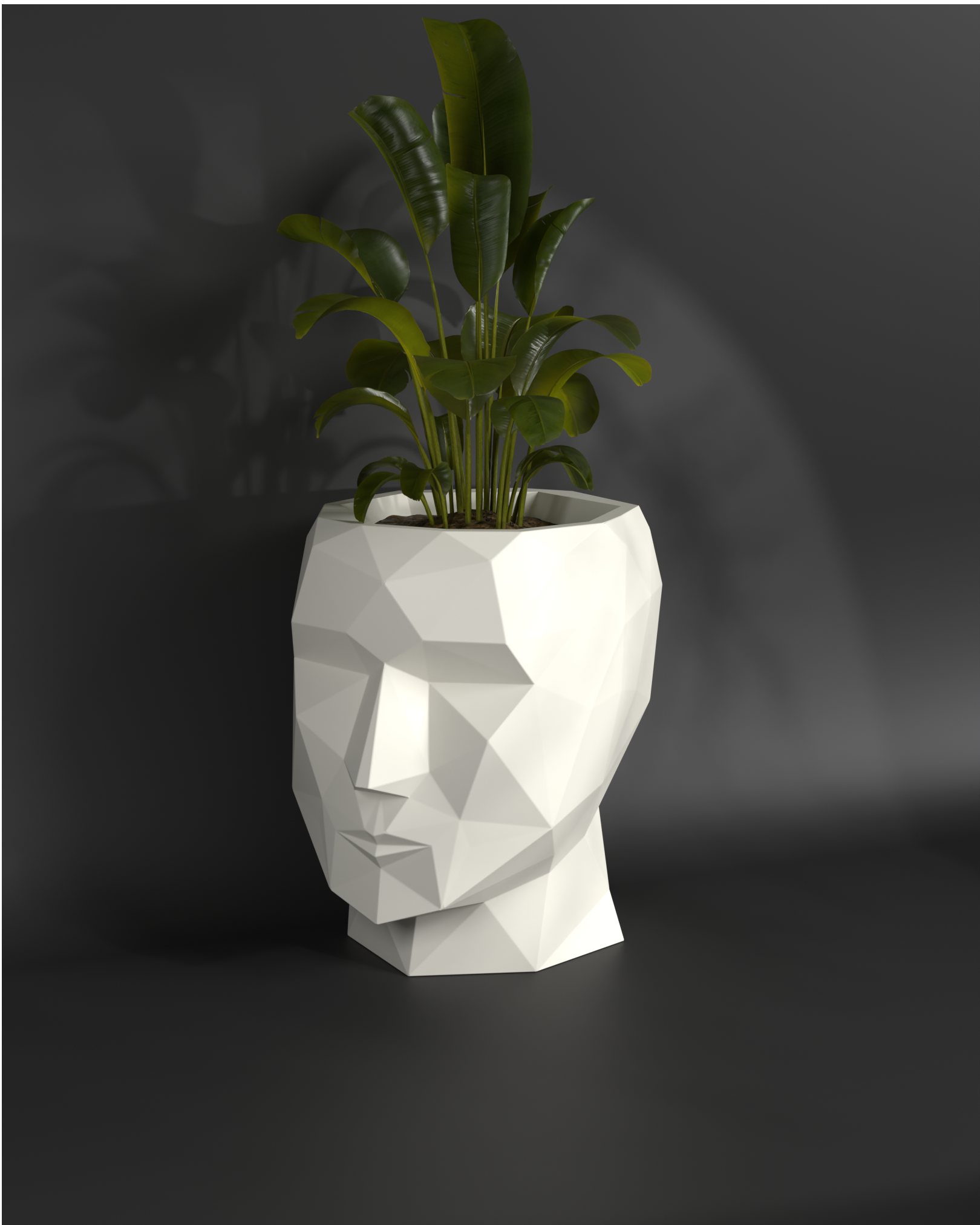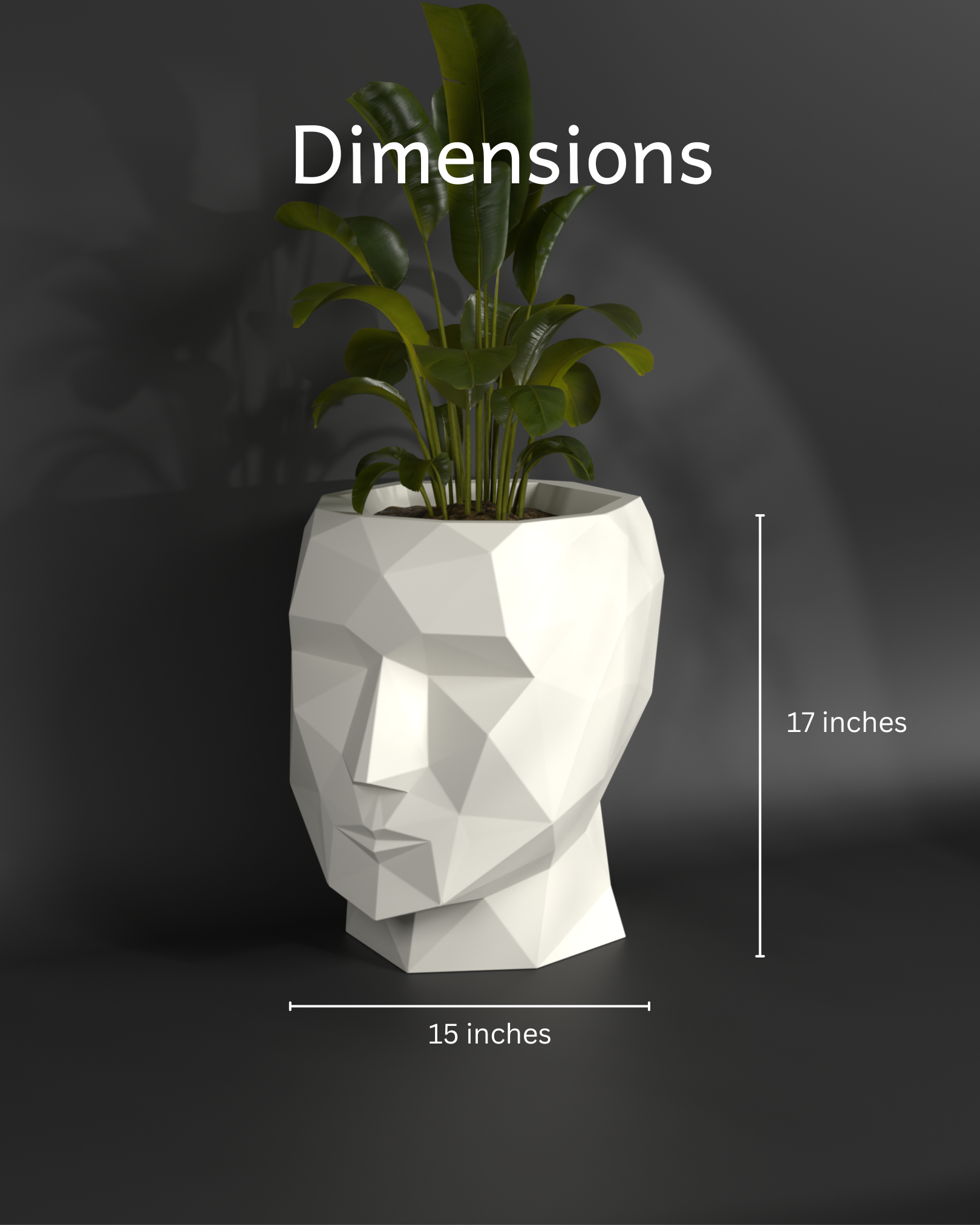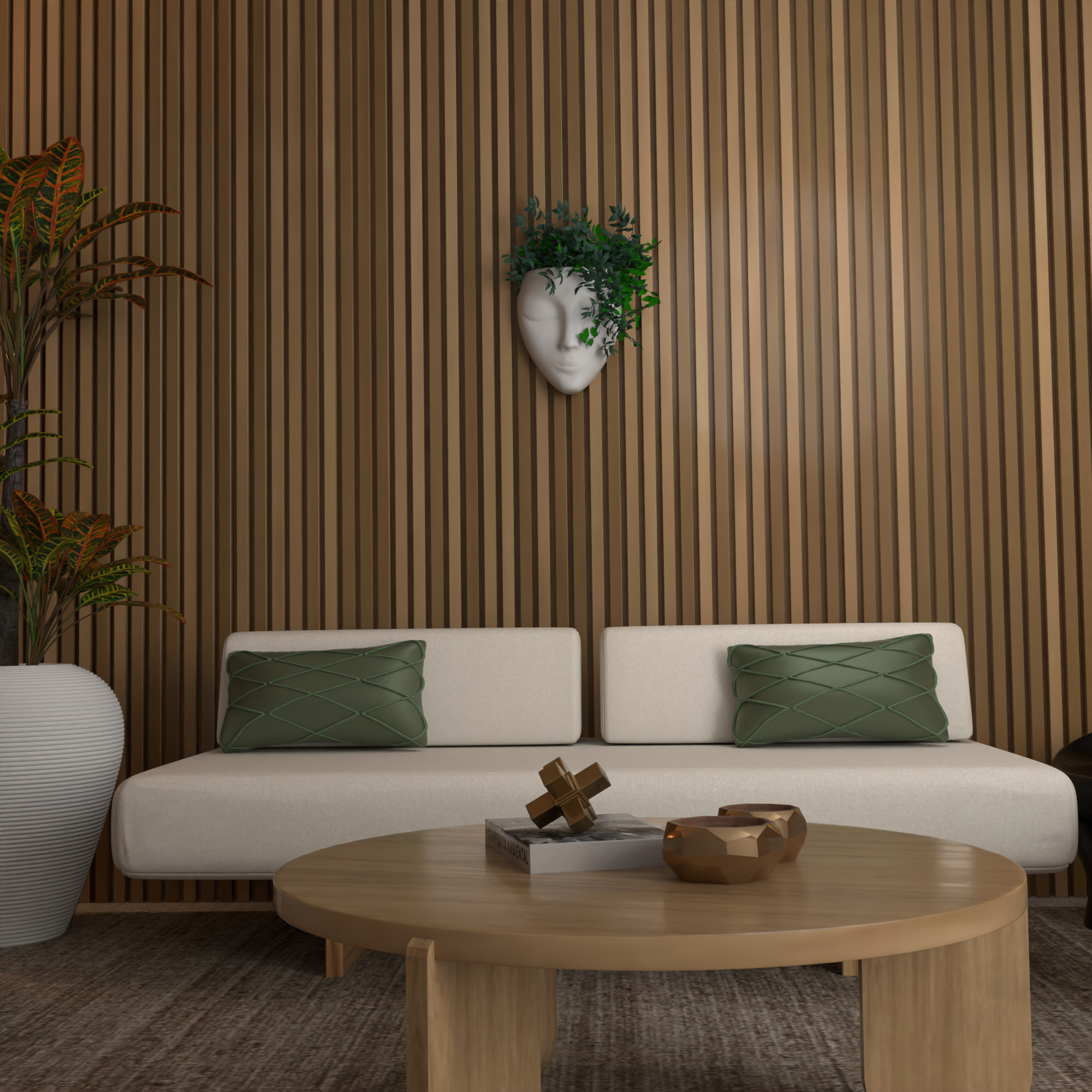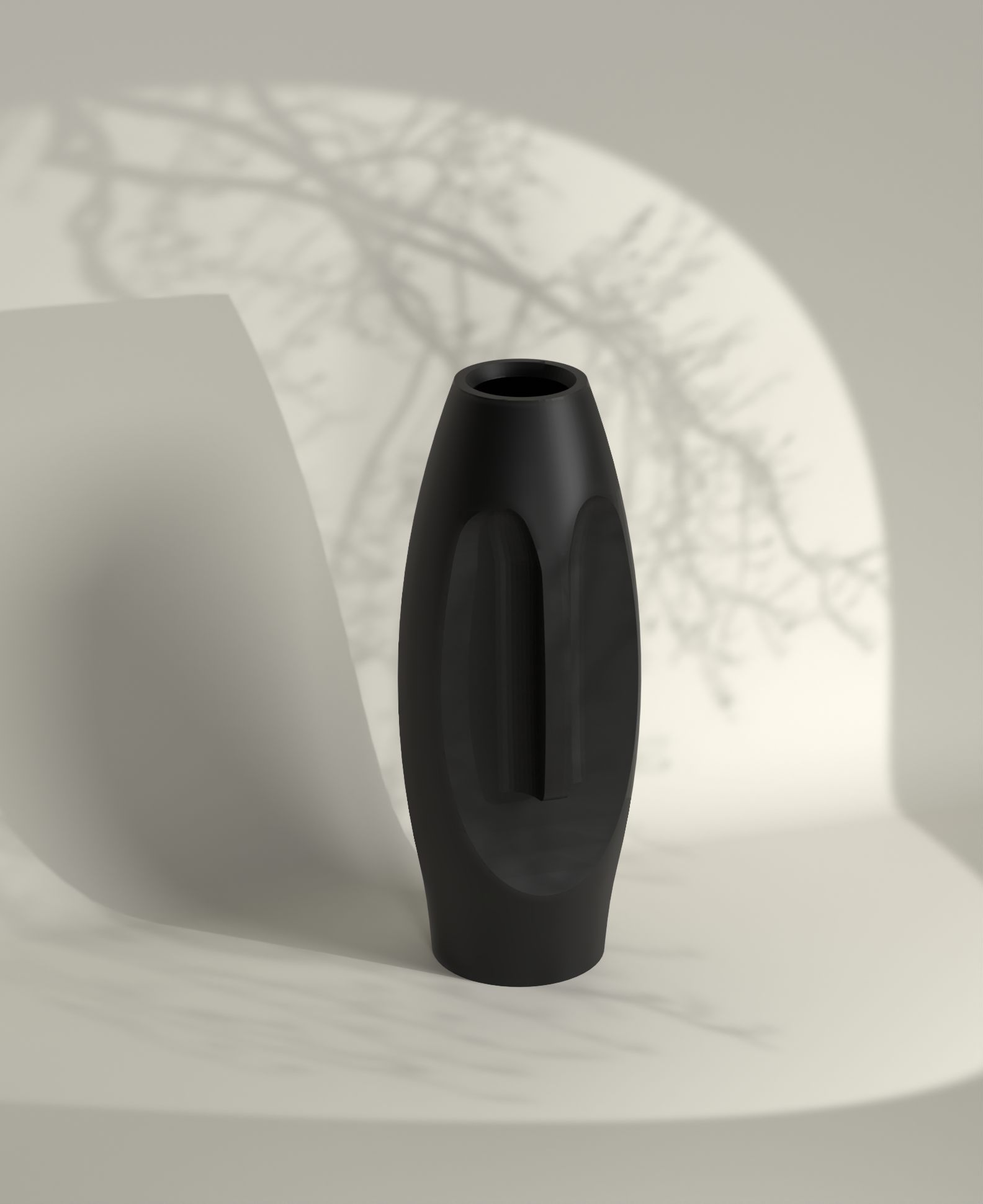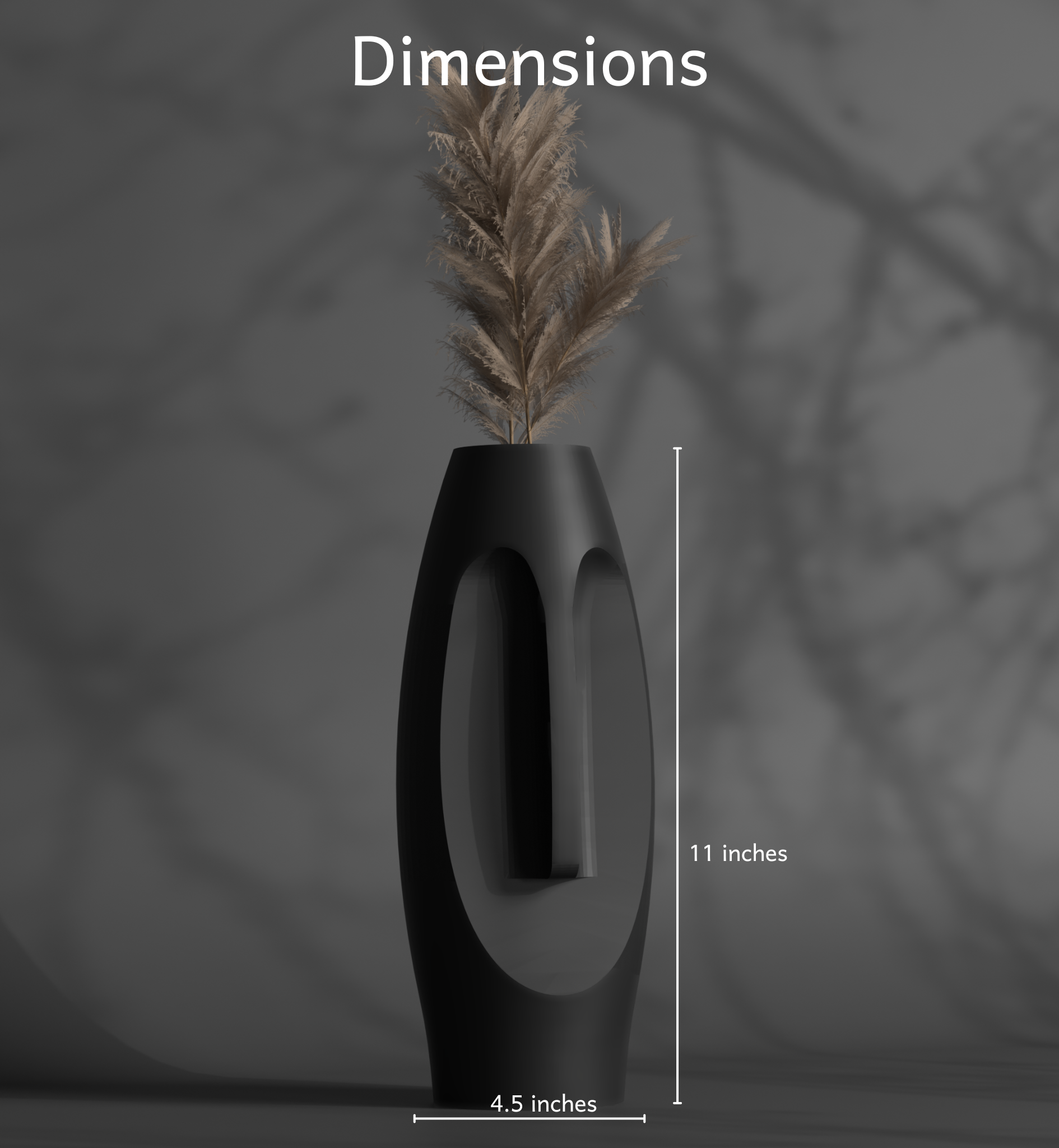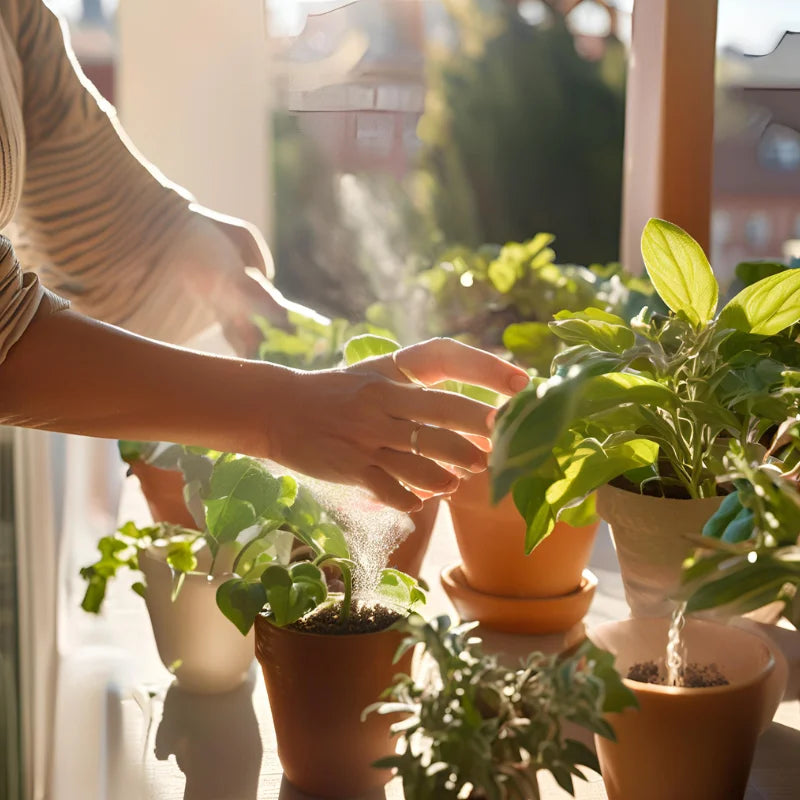
As we navigate the ups and downs of life, it's easy to let our plant care responsibilities fall by the wayside. But what if we told you that with a few simple strategies, you can keep your plants happy and healthy even when life gets busy? In this comprehensive guide, we'll explore the best tips and tricks for busy people to care for their plants, from choosing low-maintenance species to creating a schedule that works for you.
The Importance of Plant Care
Before we dive into the nitty-gritty of plant care, let's talk about why it's so important. Plants are more than just decorative additions to our homes and offices – they have a profound impact on our physical and mental well-being. Studies have shown that being around plants can:
- Reduce stress and anxiety
- Improve air quality
- Boost mood and productivity
- Even lower blood pressure
But despite these benefits, many of us struggle to keep our plants alive. Whether you're a busy professional, a student, or simply someone with a lot on your plate, it's easy to let plant care fall by the wayside. But fear not – with the right strategies, you can enjoy the benefits of plant ownership without sacrificing your sanity.
Choosing the Right Plants
One of the biggest mistakes busy people make when it comes to plant care is choosing plants that are high-maintenance. If you're already struggling to find time to care for your plants, the last thing you need is a finicky species that requires constant attention. Instead, opt for plants that are:
- Drought-resistant

- Low-maintenance

- Easy to propagate
Some of our favorite low-maintenance plants include:
- Succulents: These trendy plants are perfect for busy people. They store water in their leaves, stems, or roots, making them drought-resistant and easy to care for.
- Cacti: Like succulents, cacti are designed to thrive in dry conditions. They're perfect for forgetful plant owners or those who tend to overwater.
- Air Plants: These epiphyte plants don't require soil and can thrive in a variety of lighting conditions. They're perfect for busy people who want a low-maintenance plant that still adds visual interest.
Watering Wisely
Overwatering is one of the most common mistakes plant owners make. It's easy to get caught up in the idea that more water is better, but this can be detrimental to your plants. Instead, follow these simple watering tips:
- Check the soil: Before watering, stick your finger into the soil up to the first knuckle. If the soil feels dry, it's time to water. If it's already moist, wait another day or two before watering again.
- Water in the morning: Watering in the morning gives your plants the entire day to absorb the water. This can help prevent fungal diseases that thrive in moist conditions.
- Avoid getting water on the leaves: Water at the base of the plant, avoiding the leaves to prevent fungal diseases and root rot.
Providing Adequate Light
Most houseplants prefer bright, indirect sunlight. But what if you have a dimly lit home or office? Don't worry – there are still ways to provide your plants with the light they need:
- East- or west-facing windows: These windows receive gentle, indirect sunlight that's perfect for most houseplants.
- Grow lights: If you don't have a window with natural light, consider using grow lights to supplement the light your plants receive.
- Mirrors and reflectors: Place mirrors or reflectors near your plants to bounce light onto the leaves and stems.
Creating a Schedule

One of the biggest challenges busy people face when it comes to plant care is remembering to water and care for their plants. Here are a few strategies to help you stay on track:
- Set reminders: Set reminders on your phone or calendar to water and fertilize your plants.
- Create a routine: Choose a specific day and time each week to care for your plants. This could be as simple as watering your plants every Sunday morning.
- Enlist a plant-sitter: If you're going to be away for an extended period, consider asking a trusted friend or family member to check on your plants.
Preparing for Vacations
Going on vacation can be stressful enough without worrying about your plants. Here are a few strategies to help your plants thrive while you're away:
- Water deeply before you leave: Water your plants deeply the day before you leave to ensure they have enough moisture to last while you're away.
- Use self-watering devices: Consider investing in self-watering devices or planters that can provide your plants with a steady supply of water while you're away.
- Ask a trusted friend to check on your plants: If possible, ask a trusted friend or family member to check on your plants while you're away.


